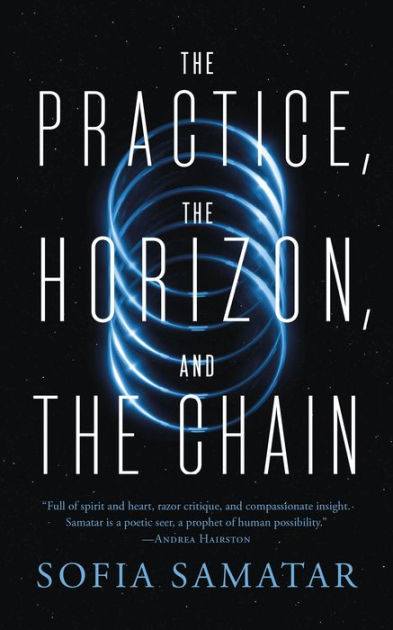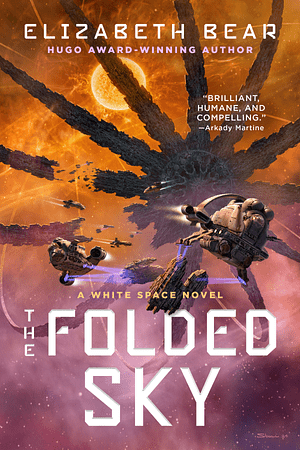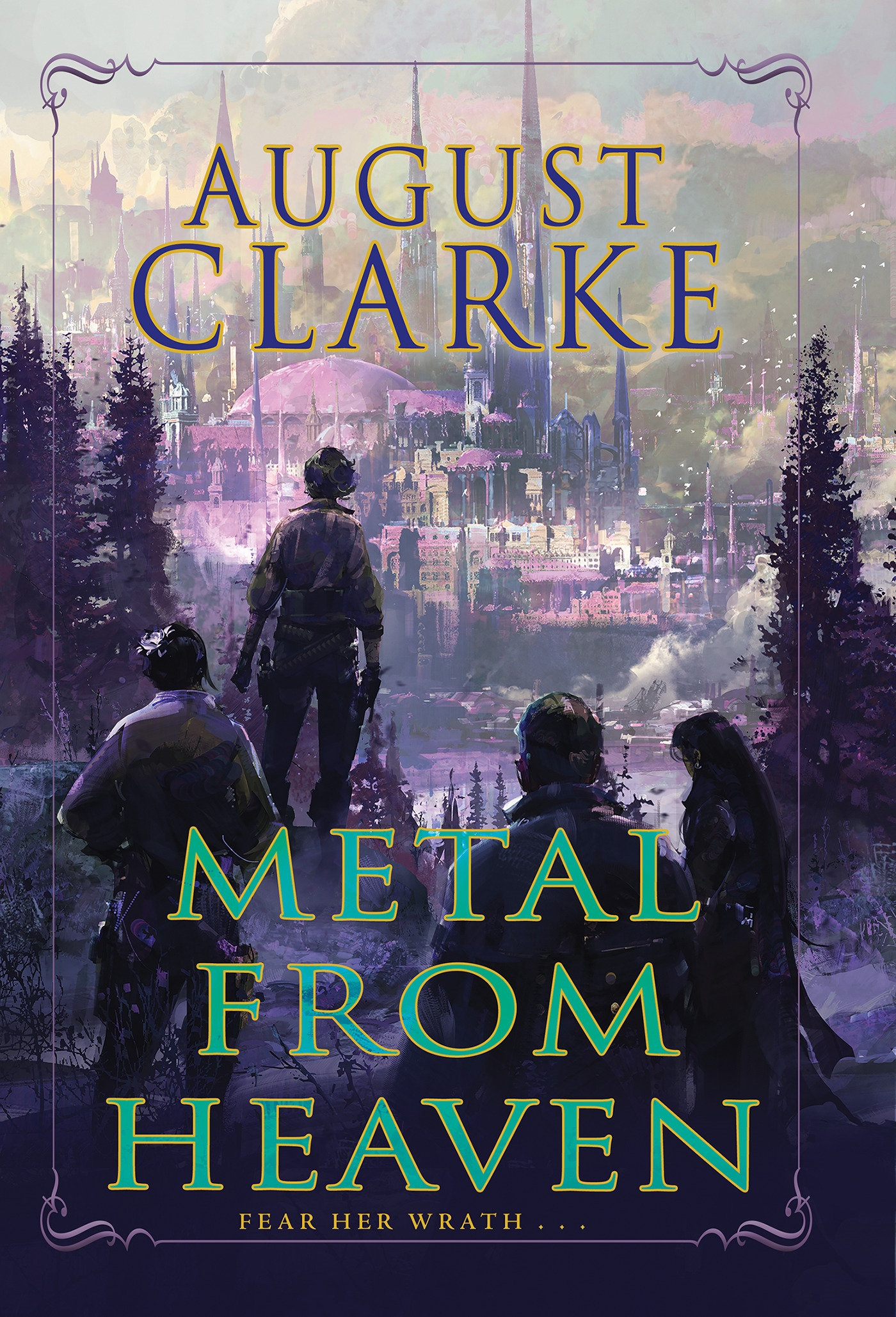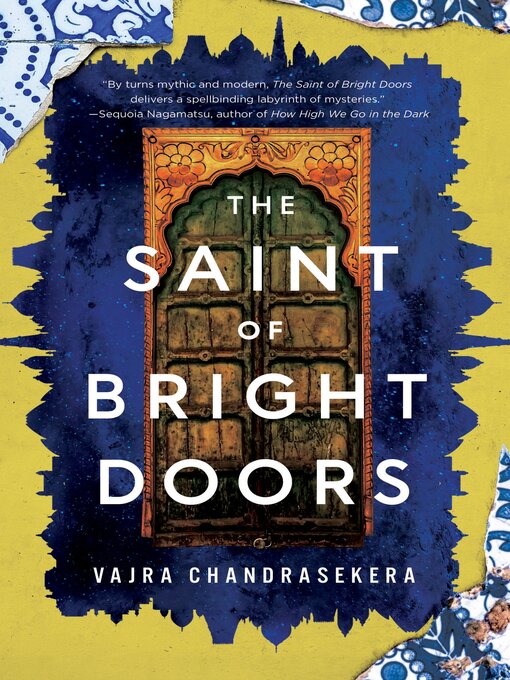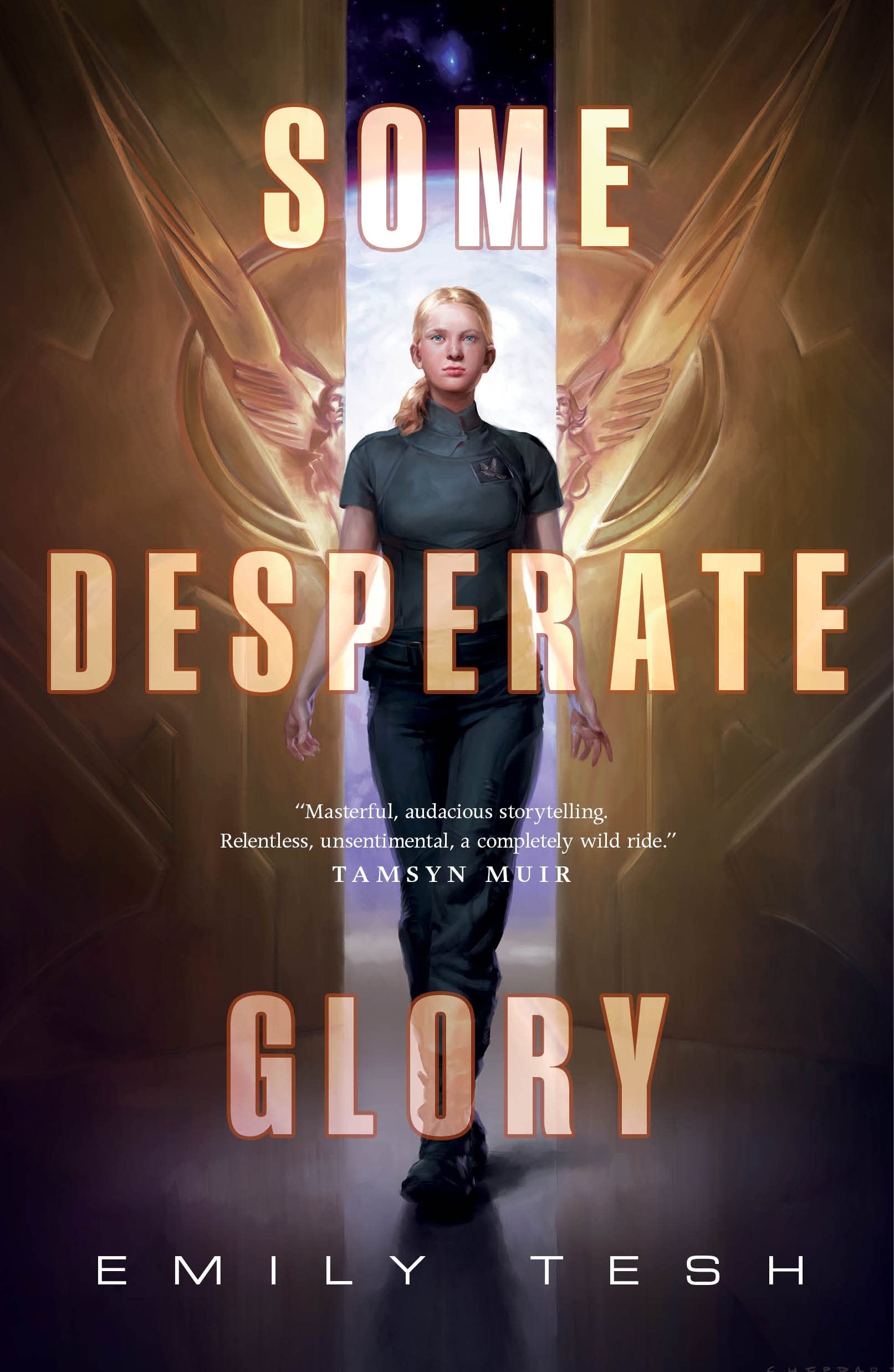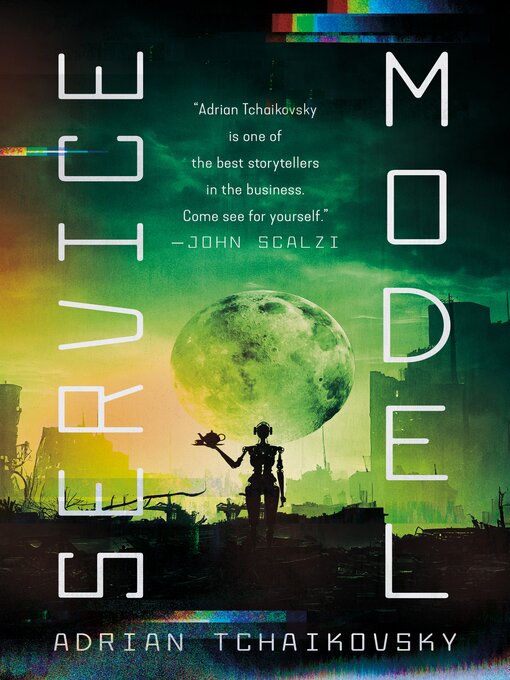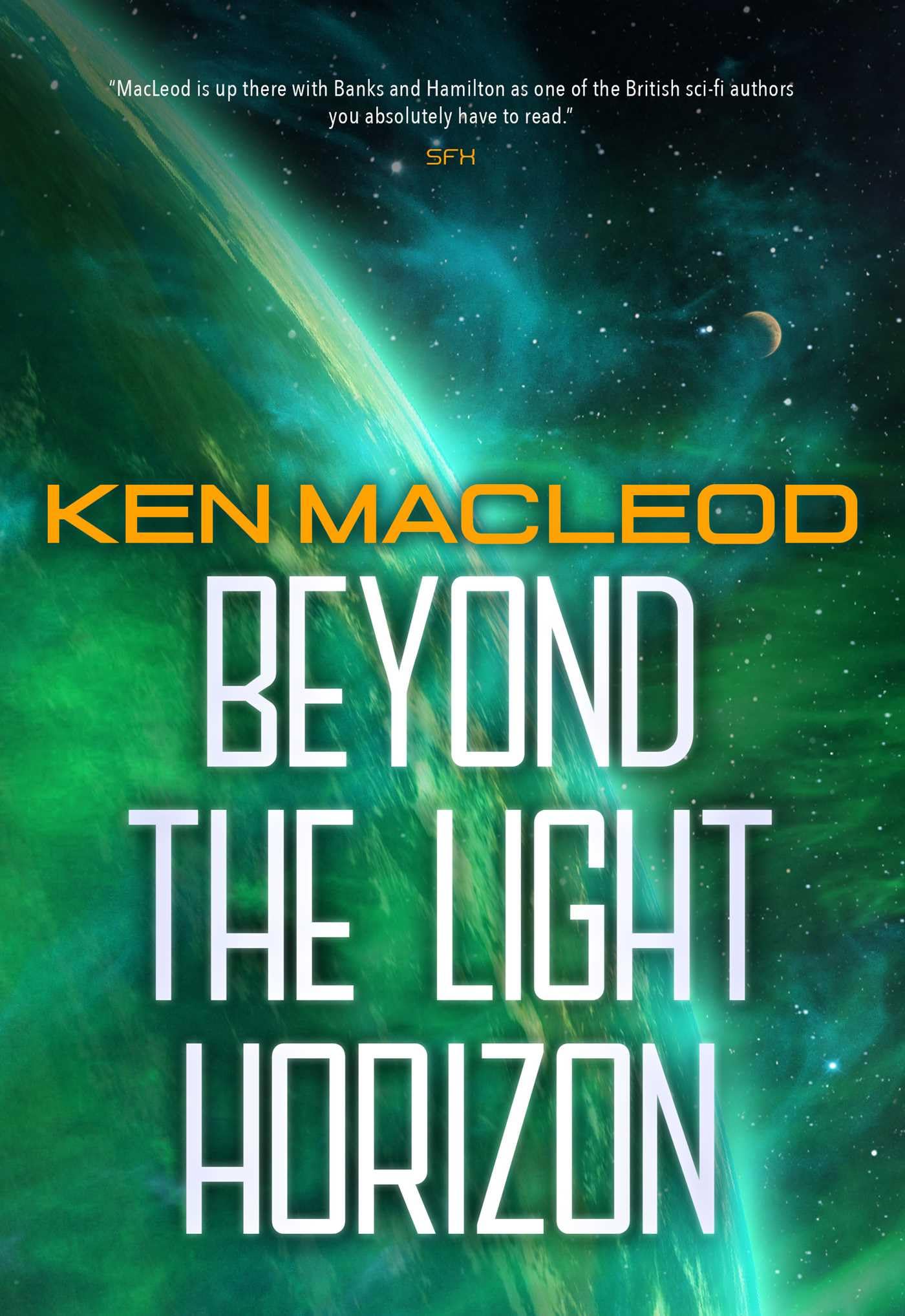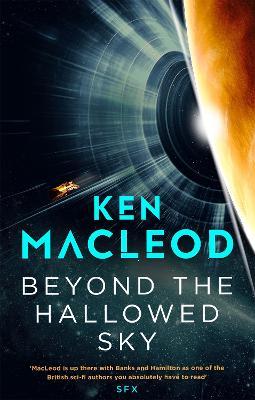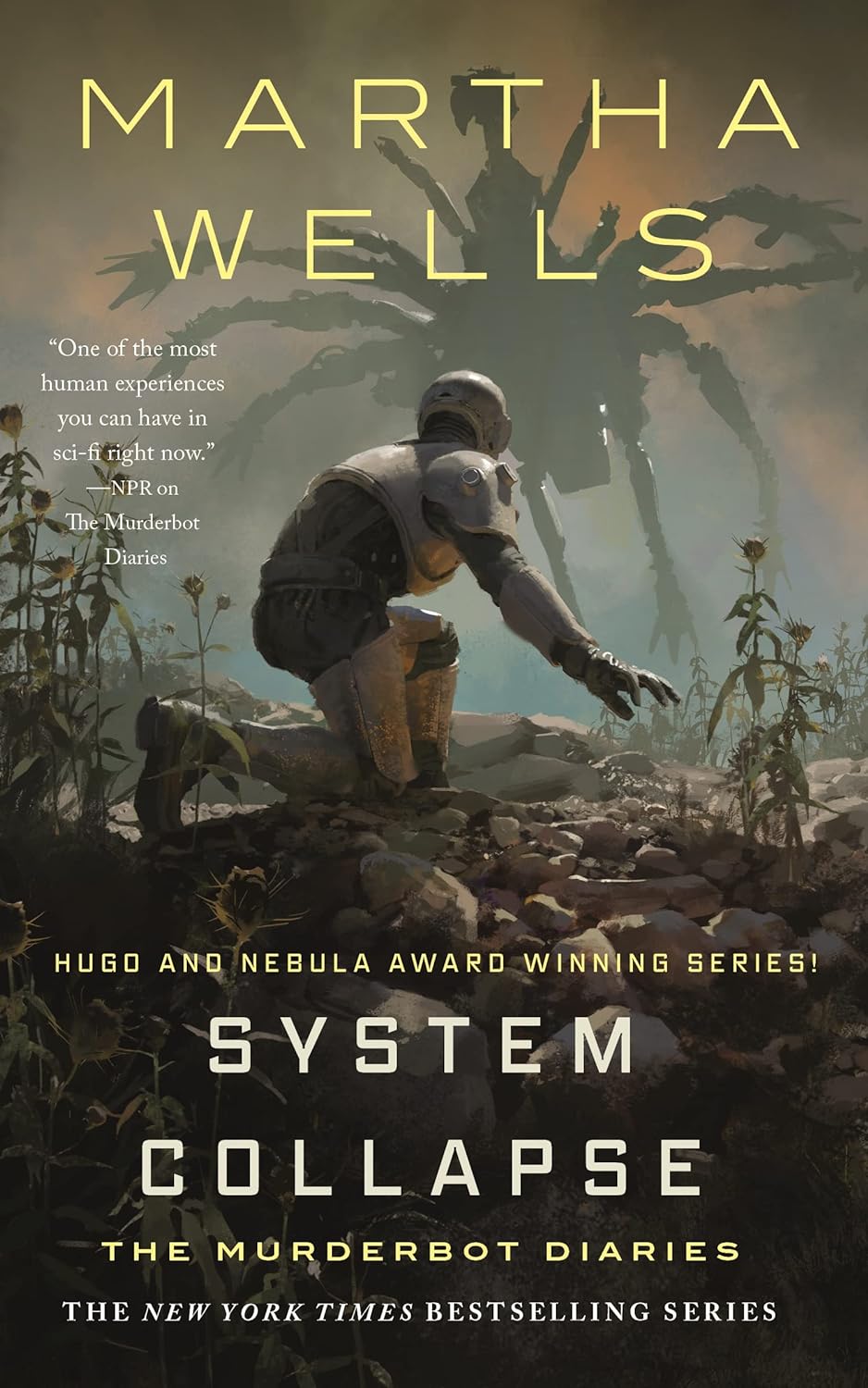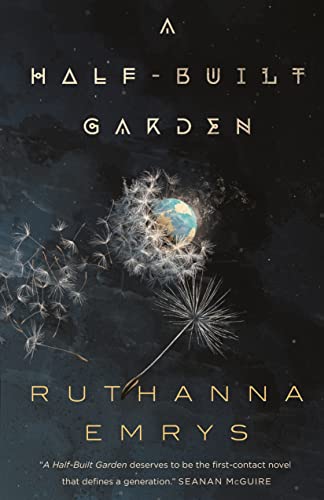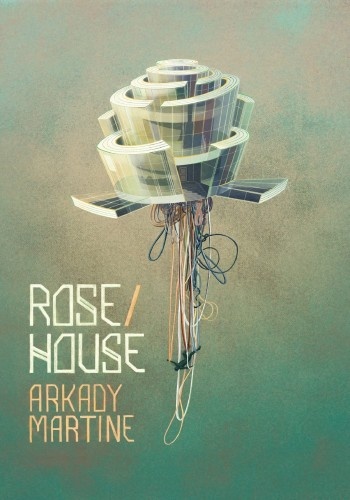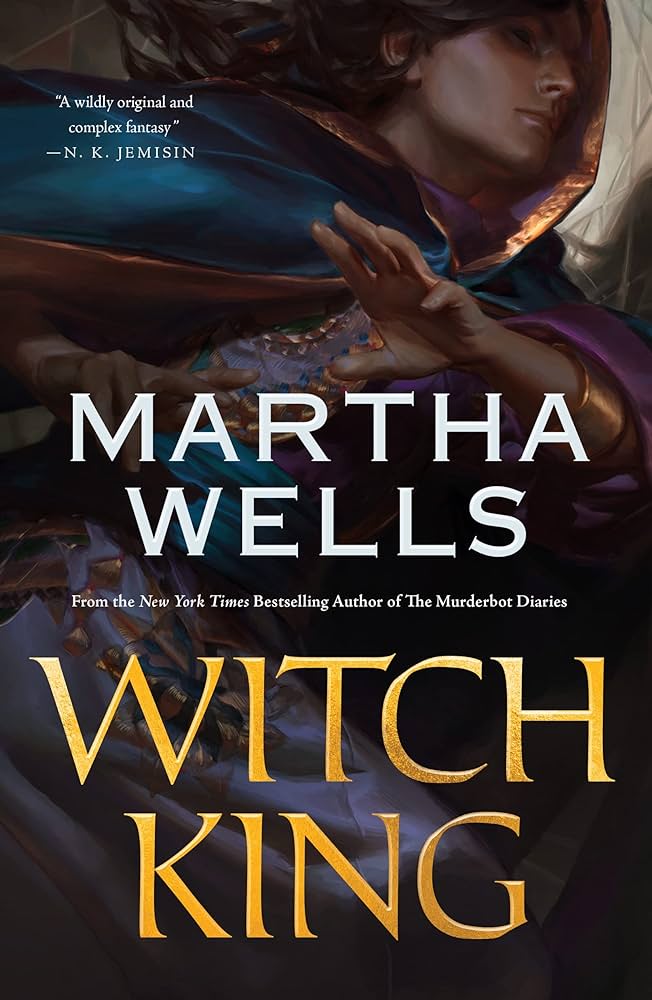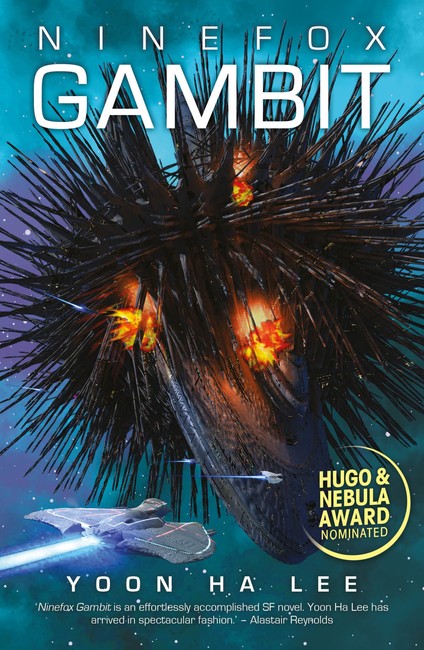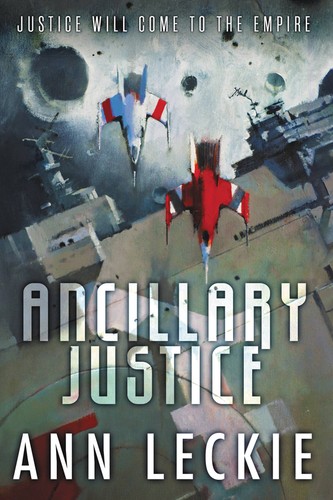Dee 📖 (book aspect) reviewed Metal from Heaven by August Clarke
Putting the punk in whateverpunk
5 stars
You could call this novel steampunk, or maybe even steampunk with a dash of dieselpunk, but in any case the emphasis would be on the punk. Rather than using industrialization or the existence of a wealthy nobility as background aesthetics, the book builds a complex world, and explores how such factors make it rather dystopian. At the same time, it doesn't use the grimness simply as a gritty background for the story. Rather, a lot of the story is about how people that are subjects to the horror of the dystopia manage to carve out spaces for each other on the edges of their society, often in ways that are clever, underhanded, and ultimately in opposition to the system they exist under. I'd argue that this approach characterizes the best works of cyberpunk, and other related -punks, and in this area, Metal from Heaven excels.
Another thing to …
You could call this novel steampunk, or maybe even steampunk with a dash of dieselpunk, but in any case the emphasis would be on the punk. Rather than using industrialization or the existence of a wealthy nobility as background aesthetics, the book builds a complex world, and explores how such factors make it rather dystopian. At the same time, it doesn't use the grimness simply as a gritty background for the story. Rather, a lot of the story is about how people that are subjects to the horror of the dystopia manage to carve out spaces for each other on the edges of their society, often in ways that are clever, underhanded, and ultimately in opposition to the system they exist under. I'd argue that this approach characterizes the best works of cyberpunk, and other related -punks, and in this area, Metal from Heaven excels.
Another thing to note about this book is how queer it is, and how it approaches queer characters. Pretty much all major characters are some form of queer—which fits, since the book is about people living on the edge, or outside of society. The way the characters interpret their sexuality or gender is, however, colored by their cultural background, in the context of the book's universe. The book manages to echo the way queer people in real world history often would understand themselves—and, indeed, be understood, or even hated by others—in ways different than those in our current time. This aspect makes the book stand out in the areas of both worldbuilding, and treatment of queer themes.
The book is written in first person, and the writing style fits the main character, though it can take a bit to get used to. There's rather run-on sentences, and there's short, clipped sentences taking abrupt turns. It takes some writing skill to make such things work, but apparently, Clarke is up to the task.
Perhaps the one complaint about the book is that at time, it introduces a number of new characters on the reader, all at once. They are all introduced with their names, appearances, ethnicities, religious backgrounds, and other assorted details. These exposition dumps make sense in context, when a bunch of characters show up, and these details are often relevant (an indication of quality worldbuilding), but can leave the reader scrambling later on, trying to recall who is who.
Overall, though, this is a great novel. It scratches a particular itch for a story about queer outlaws and revolutionaries trying to do their best in a world that is broken and hostile to their existence, that is neither too grim, nor too saccharine, and instead is about hope, joy, and love amidst the ugliness.
